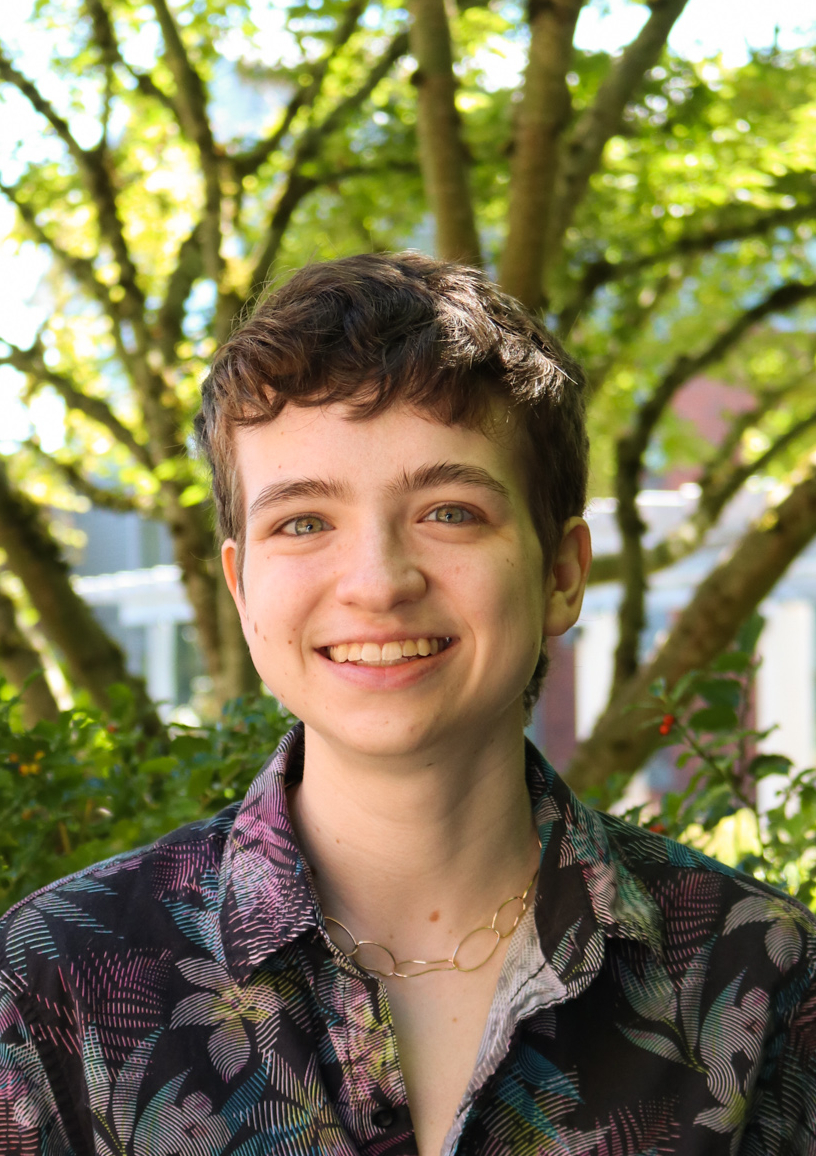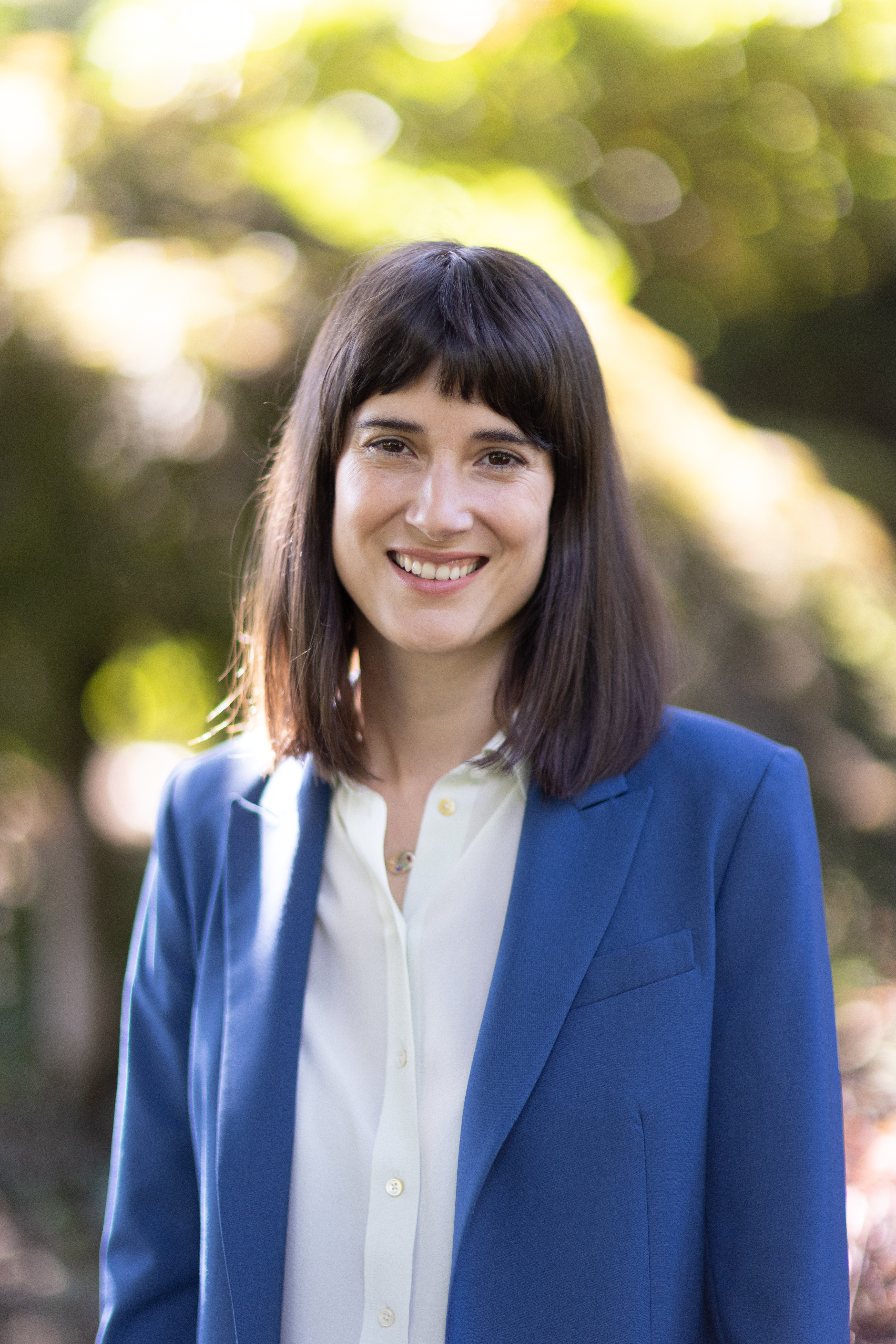Marie Gluesenkamp Perez received national attention for her midterm election victory in Washington’s 3rd Congressional District after an uphill battle against Republican Joe Kent. National polls, such as FiveThirtyEight, said that she had a two percent chance of winning the race. In an exclusive interview with The VanCougar, Gluesenkamp Perez recalled the nail biting election cycle, discussed skyrocketing university tuition, shared her vision for the future of District 3 and more.
Q: What was running through your mind as the final votes were being counted and before the race was declared?
A: I have one of the best, or I will say the best, electoral statistician on my team, Phil Gardner, and I had a lot of confidence in his analysis of where numbers needed to be. So coming out of the primary, Phil did a lot of analysis and figured out what numbers we needed to reach in each county to win. And so Tuesday night, when the first results came in, and we exceeded all those goal numbers — I was elated. Because we do vote by mail elections, it was never going to be like a binary we won we lost scenario. So it’s just this sort of suspended thrill, you know? So there’s sort of the analytic side of it, where you’re like, ‘this is really working,’ and then there’s the kind of emotional side where, ‘holy moly, what an incredible honor.’
You’re working, working, working, you don’t know if it’s going to pay off, you don’t know if things are gonna work out the way you think, you don’t know if you’re reading the room right, if you’re reading the community right. And there’s a lot of self-doubt … and so, election night was really exciting, but it wasn’t until I think it was Thursday night when we knew with a high degree of certainty that we were out of the weeds and that we were really going to be able to make it.
Q: Nearly half the district voted for Joe Kent. What specifically will you be doing to build relationships with and represent Washingtonians who voted for Joe Kent?
A: I think that I actually share a lot of values with a lot of people who voted for Joe. They wanted change in Congress, they want a government that is accountable to the people, they want to know that people are fighting to ensure their kids have the same opportunities they had and that there’s a level playing field. And so it’s not that I need to change who I am or what I’m doing. I think it’s just staying focused on the common denominator of what makes a country work, and what makes the government work, and not getting drawn into any of the political drama, just staying focused on making the machine of government work better for people.
Q: How can students, especially university students, get involved with the government? What does that mean and look like?
A: Everybody should be running to be a PCO, a precinct committee officer. So often, there are precincts that don’t have committee officers. I think those are like the foot soldiers of democracy. Those are the people that show up and make sure that the party leadership reflects the values of the district and that we are electing strong, organized people to party governments. So I think everybody should absolutely find out if where you live has a PCO, and if it doesn’t, strongly consider making time in your life for that. I think the other thing is, … we’ve been sold this model of, if you want to go into government, you should get a law degree, or you should become a doctor, or you should figure out a way to get rich and I think that’s an outdated model. … I think it’s doing what you’re good at, what you’re passionate about and serving your community. Then consider running for office, but no one’s going to give you permission to run for office, you have to make the decision that you’re going to do it, and you can’t do it by yourself. You have to have lived a life that was in service to your community and then, in my experience, your community will help you out. So many people worked so hard to get me elected.
Q: Courts have issued blocks to the federal student loan debt relief program. What impacts do you feel this will have on students with student loans?
A: It’s still being adjudicated, so we don’t know yet how student loan debt relief will be played out. When I think about student loan debt … it honestly feels a little bit short-sighted to focus overly much on just the student loan debt itself and not to be thinking about, why is school so expensive now? … Because we can solve the discrete problem of an individual’s debt or one group of people’s debt. But if we don’t solve the overarching problem, we’re not really making that much progress. And so there are some bills, [like] the Accountability and Transparency Act, … that require colleges that get Pell grants to divulge how much they’re spending on marketing and if they’re spending too much on marketing, they lose their Pell Grants. … Some of these colleges that just take students knowing that their students will never graduate or that the degrees won’t lead to an actual career. … [There are bills that require] more accountability for them and so I think that’s … a place that I’d like to spend more energy.
Q: Do you believe we are in a climate crisis? If so, how exactly are you prioritizing environmental protection?
A: Unquestionably, we are in a climate crisis. It’s so interesting to me, a human lives 90 years, 100 years and so our horizon of what normal time is, is so different than like geologic time or climate time. But if you talk to the oldest people in Stevenson, they will tell you that when they were little kids, people would drive across the Columbia River every winter when it was frozen before there was a bridge. So like when we look at that, it is undeniable that there is real change. In the Northwest, it’s very interesting because we really are leaders in clean energy and I think we need to continue to be pushing on that. I actually think that we need to be investing more in renewable energy, like nuclear research. I think there are a lot of people that have this idea that, ‘oh, we just need to have less kids and that’ll solve the problem,’ or ‘we just need to consume less.’ … But I think it’s important that we are pragmatic … people are going to keep having kids, they just are, and we’re not going to have a government policy that changes that.
Q: What do you believe to be your “superpower”?
A: I really like people. I like listening to them, I think that there are so many smart people in the world. All these people know things I don’t know, and figuring out a way to have a government that’s more representative of more kinds of intelligence is really important.
Q: What needs to be done regarding the ongoing crisis of school, university and other public area shootings across the country?
A: It is heinous. I think there are at least two things going on. One of them is, more people are hopeless and angry, and violent. I think that is clear. And I think there’s like a lot of reasons for that, a lack of hope for the future or lack of a sense of opportunity. Those are sort of things that have been coming down the pipe for the last 20 to 40 years. I think more ways to make a respectable living and live your life, can stop a lot of the events. That’s long-term cultural work that needs to happen, and that’s not purely, or even primarily, government work and policy work. We can point to policies that have made it harder or easier to live a life where you have hope and mental well-being, but I think it is also undeniable that guns help facilitate this problem. So, one of the things that I really believe in is increasing the age at which people can purchase what are known as assault weapons, from 18 to 21. There just is data that brains are just not as mature. It’s harder to make the right call. It’s easier to get into trouble.
Q: We are going into uncertain times in the nation economically. What economic development do we need to be focusing on in this region specifically?
A: Definitely more support for career and technical education. I think there are a lot of jobs and infrastructure in the trades that are family-wage jobs. There are jobs that don’t require you typically to take on $100,000 worth of debt to start earning money. There are jobs that can’t be off-shored like a lot of admin and computer programming and white collar jobs can be and will be. So, I think when we think about the long-term positioning of the state, it makes sense to focus on those jobs that can’t be off-shored. We have one of the most ports of any congressional district in the country, so it makes sense for us to be a hub and continue to develop our ports and import-export. … Absolutely [focusing on] career tech, trades, work. One of the things that really irks me is the shift we’ve seen over the past 10 to 20 years, away from paper and cardboard and glass to plastic … I think that we have a historic advantage in being leaders in paper and cardboard and we should be pushing for policies that keep those industries strong and rebuild them.
Q: You magically have the whole afternoon, with no auto shop or political responsibilities. What are you going to do?
A: I’m going hiking, there are a couple of trails around here. I’d love to get some mushroom hunting in. That was what I did before, and I would love to be doing some more hiking.

Sawyer is a senior studying anthropology at WSU Vancouver.
